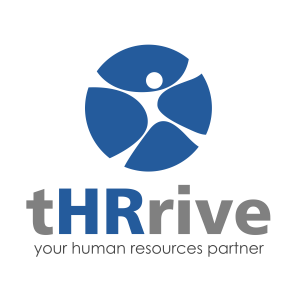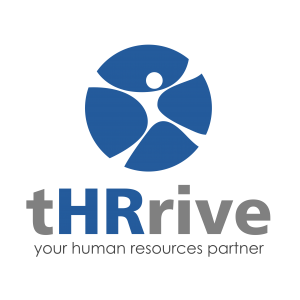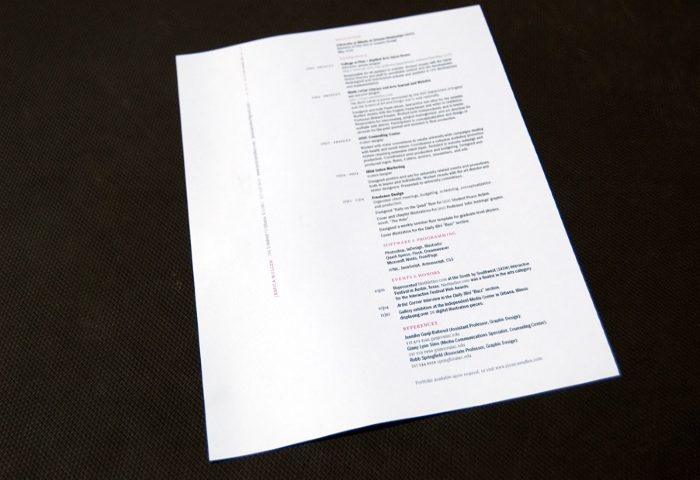Creating a career transition resume

Mind the gap…in your resume.
February 17, 2017
Employers & Recruiters – Beware of equality discrimination
February 17, 2017The current employment market favours the employer with an influx of really qualified individuals looking for work so competition can become challenging when transitioning to a new career. Career transition can be very difficult task, as most don’t know how to get their foot through a new door of opportunity. Look at this time as a new challenge in life and the reward that waits. So how do you start on the road to transition? First thing is to sell your newly acquired skills on paper; this means the old resume has to be revised bringing your new career skills to the forefront.
If you choose to revise your resume on your own without seeking professional resume writing guidance, here are some points to consider:
Start with research. If you are transitioning into a new career, it is important to get familiar with what the job want and read the day-to-day job descriptions online. These job descriptions can easily be found via job boards. Reading a job description doesn’t necessarily mean you can do everything the job requires. I would suggest starting at the bottom and looking at junior level jobs before thinking you can jump right into something intermediate. When thinking transition, keep in mind you have to walk before you can run, so think junior level. You may also consider meeting with an employer within your desired industry to know what specifically they look for in a candidate.
Think like an employer. If your resume can’t demonstrate years of direct experience within this field, what can you demonstrate to an employer that you’ve got what it takes to make it in this new profession? Think through all of your potential transferable skills. Did a volunteer project incorporate a related skill? Does your hobby use a transferable skill? Did your correspondence program help? etc.
State your transition. This is important on most resumes and cover letters, but it’s crucial in a transitional resume. You must tell the hiring manager up front exactly which position you desire because he/she probably won’t be able to determine that you’re applying for a accounting job if all the employer sees is technical positions and skills. Example: “A professional accountant looking to transition into a new career from 10 years as a Systems Analyst….”
Include a Profile and experience summary. This is where your knowledge, skills and abilities of what an employer in this field is looking for is stated at the top of your resume. In this section, you’ll list who you are in —as it relates to your intended position. You want to include all related experience such as education, volunteer, co-op, etc. in bullet format at the top of the resume. Include the specific job skills with general experience such as: Creative, self-motivated, problem solver, bilingual, technical knowledge etc. Employers are always interested when you have multi-dimensional skills that you can bring from a previous career.
Crafting a new resume from scratch can be painstaking—especially if you’re unfamiliar with a functional format. But these tips above should help you get started in your transition.
Information provided by HR Difference.
Our HR team specializes in providing small and medium sized companies with cost-efficient and customized human resources consulting solutions and learning management systems to meet your need and budget. We also provide custom resume writing and telephone job interview coaching for job seekers.





